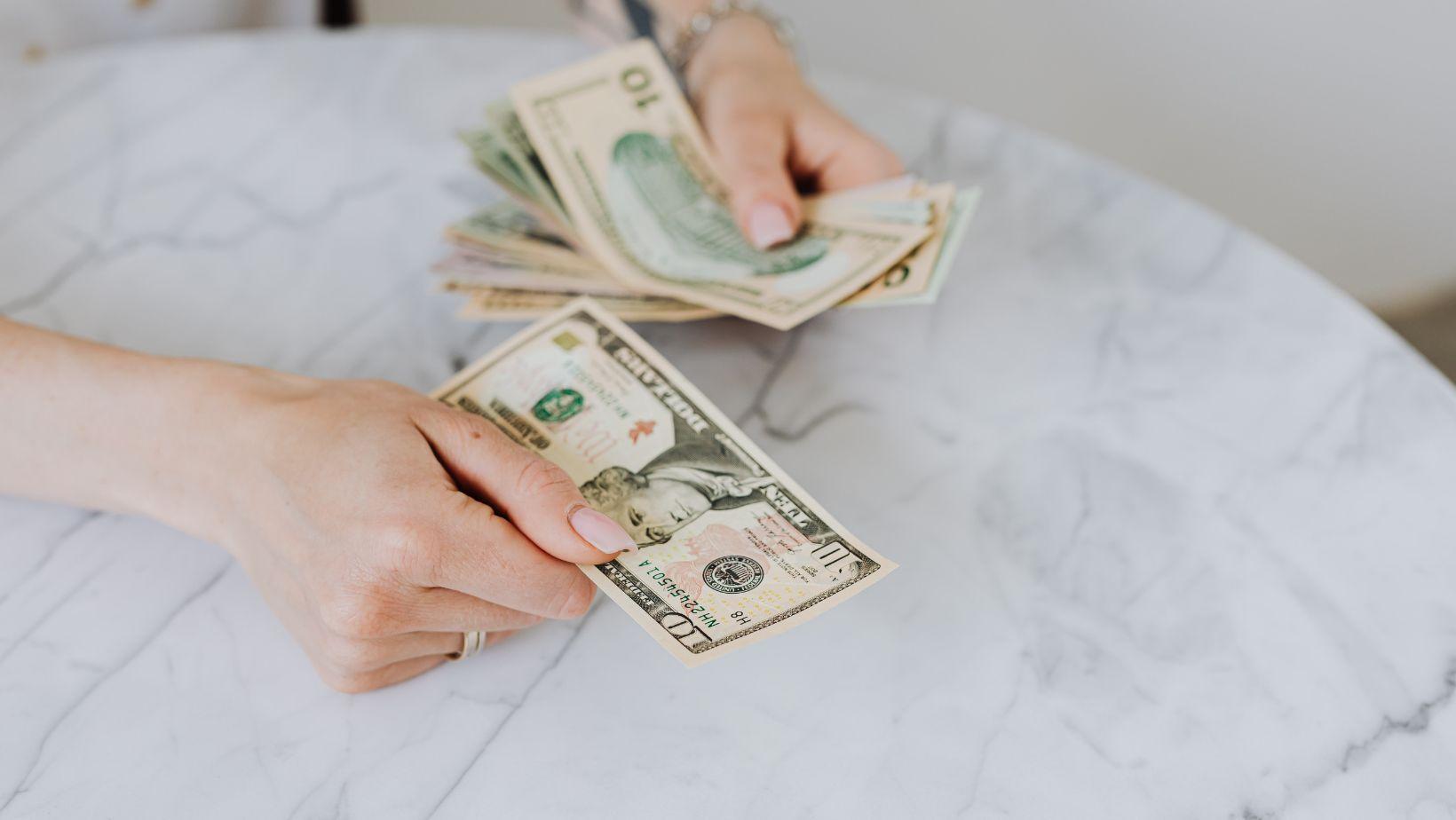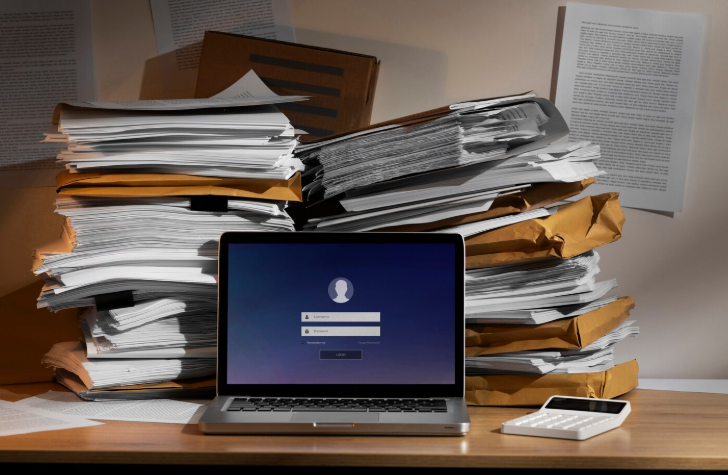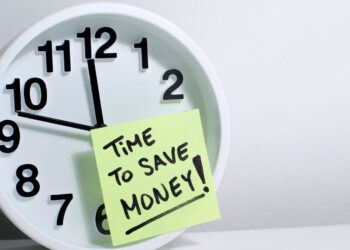In a world where financial wellness depends on more than just budgeting and credit scores, investing in yourself has never been more important. People are constantly searching for ways to improve their income, stability, and long-term prospects but few realize how much basic life skills play into overall financial security. Whether it’s expanding your abilities, preparing for emergencies, or building confidence in high-pressure situations, skill-building has become an essential part of modern money management. And if you’re someone who’s exploring ways to boost your personal resilience, even practical additions like For First and CPR training Register here can fit into a broader strategy for a more secure, financially stable life.
Financial Stability Starts With Personal Stability
Most financial advice focuses on numbers: save this much, invest that much, diversify here, cut back there. But your financial health is shaped just as much by your habits, your preparedness, and your ability to handle life’s uncertainties.
Here’s how personal stability affects money:
- You make clearer, calmer financial decisions
- You avoid costly mistakes caused by stress or emergencies
- You’re less financially vulnerable during unexpected events
- You increase your value in both personal and professional spaces
People who build strong personal skills often experience better money outcomes not because they earn more immediately, but because they handle challenges more effectively.
Preparedness Reduces the Hidden Costs of Life
Financial setbacks don’t always come from big things like job loss or medical bills. More often, they come from everyday issues we don’t plan for:
- A minor emergency that becomes expensive because you didn’t know how to respond
- A stressful moment that leads to panic spending
- A lack of confidence that prevents you from taking opportunities
- Poor planning that forces you into last-minute, high-cost decisions
Learning skills from basic health and safety to organization, time management, and problem-solving reduces how often these situations occur.
Prepared people waste less money. They recover faster. And they avoid unnecessary expenses because they’re not constantly reacting.
Skill-Building Makes You More Marketable
In today’s economy, versatility is a financial superpower. Employers value adaptability, problem-solving, leadership, and real-world capability just as much as technical experience.
When you learn new skills, you:
- Become more employable
- Strengthen your résumé
- Increase your earning potential
- Build confidence that shows in interviews and workplace performance
This isn’t limited to professional skills like coding, writing, or analytics. Even practical skills such as communication, situational awareness, emergency response, basic repair, or managing people signal maturity and capability to employers.

People who build skillsets outside their job description position themselves as leaders, not just employees.
Preparedness Is an Underrated Part of Self-Care
Financial health and emotional health are strongly connected. When you feel capable and prepared, the stress you carry decreases and financial stress often goes with it.
Preparedness improves:
- Mental clarity
- Emotional regulation
- Productivity
- Personal confidence
When you’re not mentally overwhelmed, you can make better plans, maintain better habits, and set better financial boundaries.
Skill-building is one of the simplest ways to strengthen this form of self-care. You’re not just learning something new, you’re lowering the pressure you carry every day.
Confidence Is a Financial Asset
Think about the biggest decisions you’ve made in life — jobs, education, big purchases, emergency responses, major changes. Confidence determines how well you handle them.
Confidence is built, not gifted.
And you build it by developing competence.
The more capable you feel in real-world situations, the more confident you become in your ability to make smart financial choices. You stop doubting yourself. You stop hesitating. You stop underestimating what you can achieve.
When you invest in your skills, you invest in your confidence.
When you invest in your confidence, you invest in your future income.
A More Skilled You Is a More Financially Secure You
Skill-building doesn’t require dramatic life changes. It starts with small, intentional steps — taking courses, learning new habits, picking up real-world competencies, and becoming the type of person who can handle whatever life throws your way.
Money is important. But money is only one part of the bigger picture.
True financial security comes from being prepared, not just being paid.
Whether you’re learning practical home skills, professional development, safety and wellness, or anything that enhances your everyday life, remember:
The smartest investment you can make is the one you make in yourself.













